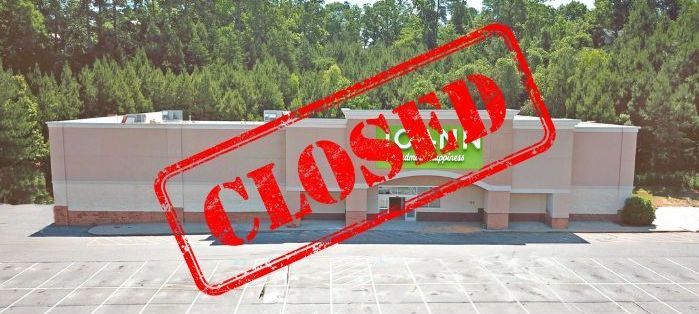What Happens to the Real Estate When a Tenant Files for Bankruptcy
When a major retailer abruptly closes its doors, the fate of its
commercial real estate holdings—whether leased or owned—becomes a complex situation involving landlords, creditors, and the broader market. The recent Joann stores bankruptcy offers a timely case study for property owners, investors, and asset managers to understand what might happen when an anchor tenant leaves a property unexpectedly.

Owned vs. Leased: The Real Estate Equation
How the real estate is handled during a corporate shutdown depends on whether the property is owned or leased:
- Owned Properties: These assets can be sold during bankruptcy proceedings to generate cash for creditors. The value of such investment properties depends on location, condition, and current demand.
- Leased Properties: Tenants who close unexpectedly may reject, assign, or renegotiate leases in bankruptcy court. The outcome affects landlords directly, especially those relying on consistent cash flow or maintaining occupancy within shopping centers and multi-tenant developments.
Joann: A Case Study in Commercial Real Estate Disruption
Joann’s bankruptcy in 2025 put nearly 1,000 locations across the U.S. on the market, many with 10 or more years left on their leases. Properties that Joann was leasing were promptly placed on the market to attract new tenants. Rite Aid, another large chain that filed for bankruptcy in 2025, owned more than 50 properties, including land parcels and buildings, and those assets are now being sold off to settle debts.
These shifts flood the market with formerly occupied
retail spaces, affecting local economies and creating both risk and opportunity for landlords and investors.
Real-World Scenarios for Vacant Commercial Properties
- Re-Tenanting: If the location is strong, the property can be re-leased quickly. Popular replacements include dollar stores, gyms, healthcare clinics, or national chains seeking new retail space.
- Redevelopment: Landlords may choose to repurpose the space for alternate uses such as office, storage, or residential. Zoning and location dictate what's feasible.
- Vacancy Risk: In weaker markets, properties may remain vacant, creating operational cost burdens and negatively affecting portfolio performance.
How Atlas Real Estate Advisors Supports Owners Facing Unexpected Vacancies
Unexpected vacancies require a proactive and experienced approach. That’s where Atlas Real Estate Advisors can assist. Licensed across the Southeast, Atlas brings deep local knowledge and a regional network to every assignment, helping landlords understand market demand and pricing strategies.:
- Brokerage Services & Tenant Representation
Atlas helps fill vacant space through strategic tenant representation and landlord advisory services, ensuring optimal lease terms and tenant fit. - Property Management Solutions
Atlas offers full-service property management, helping clients reduce operating headaches and maintain property value during transitional periods. - Repositioning Investment Properties
Atlas works with clients to market and lease vacant investment properties, identifying opportunities for redevelopment or resale that align with long-term financial goals.







